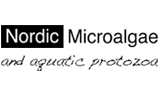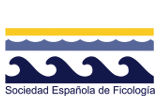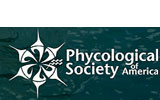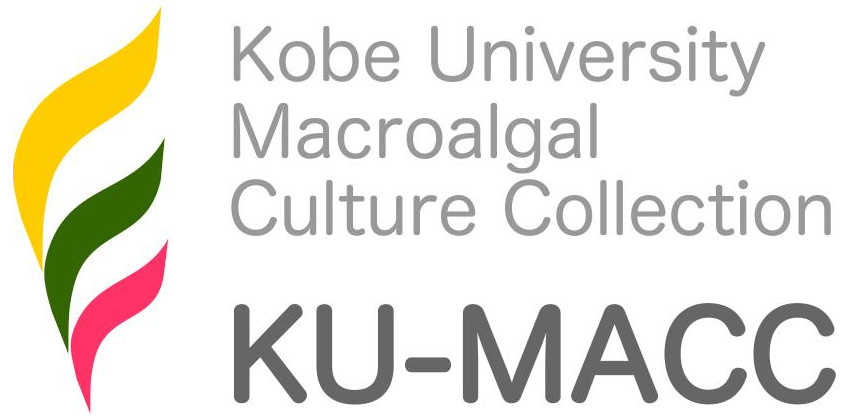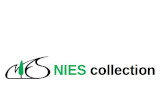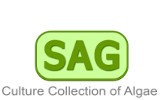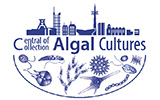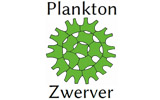Bibliographic Detail
Hofmann, G., Werum, M. & Lange-Bertalot, H., 2013
Reference:
Hofmann, G., Werum, M. & Lange-Bertalot, H. (2013). Diatomeen im Süßwasser—Benthos von Mitteleuropa. Bestimmungsflora Kieselalgen für die ökologische Praxis. Über 700 der häufigsten Arten und ihre Ökologie. pp. [1]-908, 133 pls. Königstein: Koeltz Scientific Books.
Location:
Königstein
Notes:
Some brackish or marine species included at end.
Abstract:
The main aim of this book is to provide assistance for identification of taxa in applied hydrobiology, in particular water monitoring according to the implementation of EU Water Framework Directive. This book represents a somewhat reduced but condensed and updated freshwater diatom flora of Central Europe. Planctonic - halobious and most of the rare taxa are generally excluded. This special flora is restricted to diatoms that are frequent and/or abundant in the area of concern, to comply with the request of water monitoring in applied hydrobiology. This concerns most of the locally occurring diatoms relevant for biological analysis of inland waters for continuous quality control, and acts as a background for protection of aquatic habitats. 793 photographically documented taxa encompass more then 50 percent of the recent benthic freshwater diatom flora. Lacking are taxa which are either rare (in Europe) or of dubious identity, or difficult to discriminate from more common taxa by lightmicroscopical observation. Short diagnoses are given for 707 taxa, followed by ecological features as well as by comparable taxa, with references of literature where they can be found. Two general identification keys are given for the approximately 100 genera; additionally, 18 species - level keys for the most species - rich genera are given. Special attention is paid to biogeography, hydrogeology and typology of aquatic habitats, expressed in particular tables. Based on approximately 11.000 evaluated samples from various running and stagnant waters, preferences are indicated for over 500 taxa - in which specific type of water do they occur, where are they regularly missing? The classification of the 'red list' of diatom taxa for Germany (recently prepared for publication) is added. New or resurrected old generic entities which were (re-)introduced to the actual nomenclature are critically discussed. Thus, also in cases when the authors hesitate to follow proposals published during the last 20 years. A continuity between taxonomy before and after 1990 should be maintained. Practioners may be less interested in diverging taxonomical opinions. Knowledge of the specific identity is neccessary rather than the assessed generic relationship. Stability, as far as possible, is desirable. Although halobious taxa are principally not considered in this book, most recorded taxa are described and illustrated independent of the alphabetic range of freshwater taxa at the end of that chapter, because they occur quite often among assemblages of freshwater taxa in the 'hinterland' of the North Sea. A glossary is placed in front of the diagnoses. The index of names contains 1589 taxa, names and synonyms

